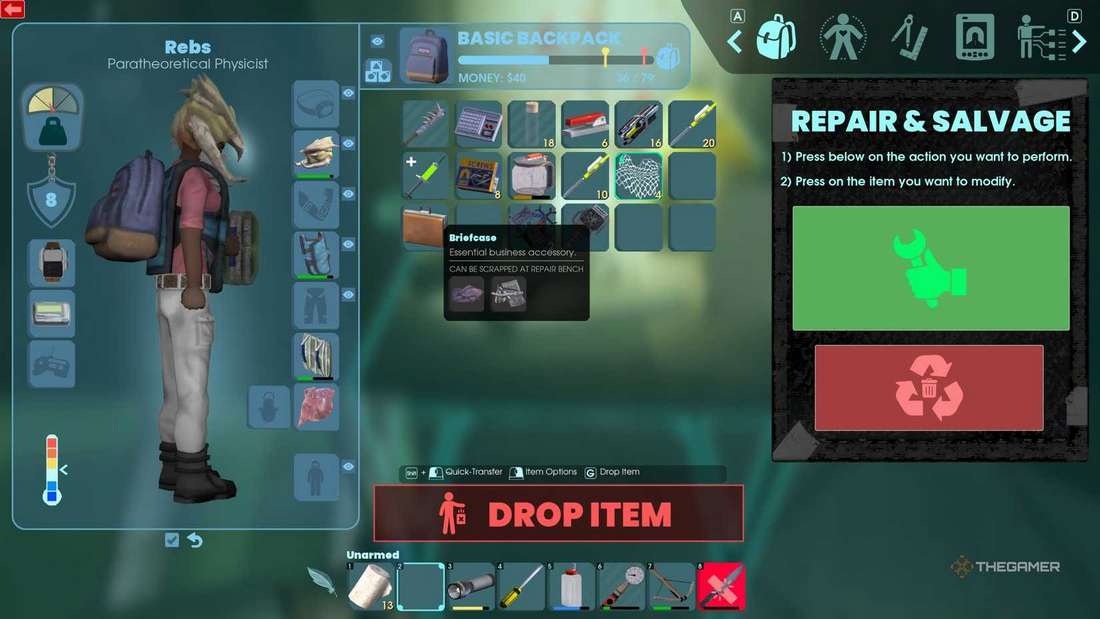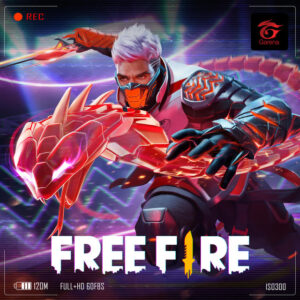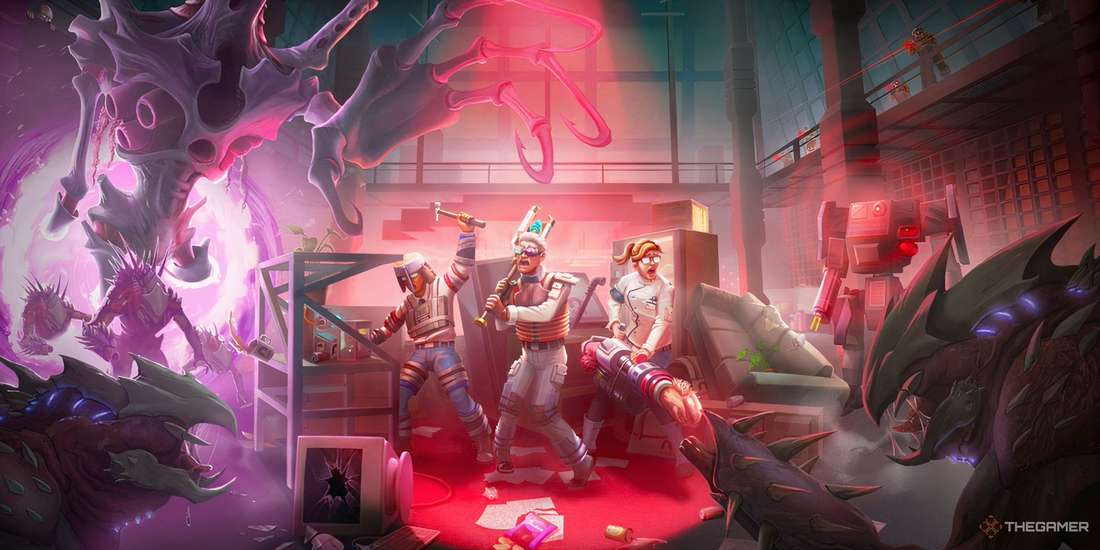Final Fantasy 7 Rebirth Director Loves Switch 2’s Game Key Cards And Thinks Nintendo Will Double Down On Them
Popular Now
 Minecraft
Minecraft
 Free Fire Max
Free Fire Max
 Geometry Dash
Geometry Dash
 R.E.P.O
R.E.P.O
 Valorant
Valorant
 NBA 2K24
NBA 2K24
 Roblox
Roblox
 Genshin Impact
Genshin Impact
 Free Fire
Free Fire
 Toca Boca World
Toca Boca World  The Nintendo Switch 2’s controversial “Game Key Cards”—physical cartridges that contain only a license key for a digital download, rather than the full game data—have sparked a fierce debate among consumers, collectors, and game preservation advocates. Yet, from the perspective of a major AAA developer, this divisive new format is being hailed as a vital technological solution. Naoki Hamaguchi, co-director of the critically acclaimed Final Fantasy 7 Rebirth, has publicly thrown his support behind the innovation, suggesting that Nintendo is poised to heavily promote the cards as the “best way forward” for the platform.
The Nintendo Switch 2’s controversial “Game Key Cards”—physical cartridges that contain only a license key for a digital download, rather than the full game data—have sparked a fierce debate among consumers, collectors, and game preservation advocates. Yet, from the perspective of a major AAA developer, this divisive new format is being hailed as a vital technological solution. Naoki Hamaguchi, co-director of the critically acclaimed Final Fantasy 7 Rebirth, has publicly thrown his support behind the innovation, suggesting that Nintendo is poised to heavily promote the cards as the “best way forward” for the platform.
Developer Pragmatism vs. Consumer Concern: The Game Key Card Debate
The introduction of the Game Key Card format for the Switch 2 is viewed by many in the consumer community as a heavy-handed push toward a digital-only future, eroding the traditional value and long-term ownership of physical media games. For games like Final Fantasy 7 Remake Intergrade and Final Fantasy 7 Rebirth, which are making their way to the Switch 2, this format necessitates a massive download—with the Remake demanding an estimated 90GB of the console’s internal storage.
However, Hamaguchi offers a pragmatic view from the developer side, arguing that the cards are less about driving digital sales and more about overcoming the inherent technical limitations of the Switch 2’s hardware. In a recent interview, he stated:
- An “Amazing New Idea”: Hamaguchi called the Game Key Card format “a really amazing new idea that they had offered for us,” suggesting it provides a critical pathway for resource-intensive high-end games to launch on the system.
- The Cartridge Speed Problem: He pinned the reliance on digital downloads to the internal architecture of the console. “I feel that the loading speed issue for the game cartridge is more about the hardware spec of the Nintendo Switch 2,” he explained. The slower data transfer rates of the proprietary cartridges simply cannot compete with the speeds required by modern game development, forcing a full installation to the console’s internal SSD for optimal performance.
 The Future of Switch 2 Publishing: Doubling Down on Digital Access
The Future of Switch 2 Publishing: Doubling Down on Digital Access
The Final Fantasy director’s most significant insight lies in his prediction for Nintendo’s long-term strategy. He does not anticipate the company will invest heavily in improving the read speeds or capacity of the cartridges themselves to accommodate massive titles. Instead, he sees a complete pivot.
“I don’t personally see Nintendo working towards trying to improve the loading speed for the cartridges,” Hamaguchi noted. “Rather, I feel that Nintendo will put more effort into popularizing the Game Key Card format.”
This suggests that developers and publishers, like Square Enix, will be encouraged to view the cards as the standard physical release for their most demanding titles. This “semi-download” model effectively allows major third-party partners to bypass the cartridge performance bottleneck, ensuring that large, sprawling open-world games and JRPG epics—which have higher game revenue potential—can be properly optimized for the Switch 2’s internal storage and offer a smoother gaming experience.
- Collaborative Promotion: Hamaguchi emphasized that a “collaborative effort between Nintendo and publishers” is needed to help players “familiarize themselves” with the format and ultimately “accept it as part of the gaming culture on Switch.” This is a clear signal that developers are prepared to publicly defend the model to ensure their game accessibility on the new console.
- Cost and Performance: For developers, the Game Key Card is a cost-effective choice compared to investing in expensive, higher-capacity cartridges. It is a pragmatic compromise to deliver demanding games without sacrificing loading speed optimization.
While the concerns from collectors and preservationists—especially following reports that institutions like the Japan’s national library are unable to preserve Game Key Cards due to their digital-only nature—remain valid and hotly debated in gaming preservation circles, the director’s comments highlight a non-negotiable reality in the world of modern video game hardware: performance often dictates format. As the Final Fantasy VII Remake trilogy prepares for its arrival on the Switch 2, the ongoing debate over the Game Key Card will remain a central topic in the video game industry news cycle, symbolizing the blurring line between physical ownership and digital access.
Keywords utilized for SEO/CPC targeting: Nintendo Switch 2, Game Key Cards, AAA developer, Final Fantasy 7 Rebirth, digital-only future, physical media games, high-end games, modern game development, Final Fantasy director, standard physical release, open-world games, JRPG epics, game revenue potential, gaming experience, game accessibility, loading speed optimization, gaming preservation circles, modern video game hardware, video game industry news.








 The Future of Switch 2 Publishing: Doubling Down on Digital Access
The Future of Switch 2 Publishing: Doubling Down on Digital Access